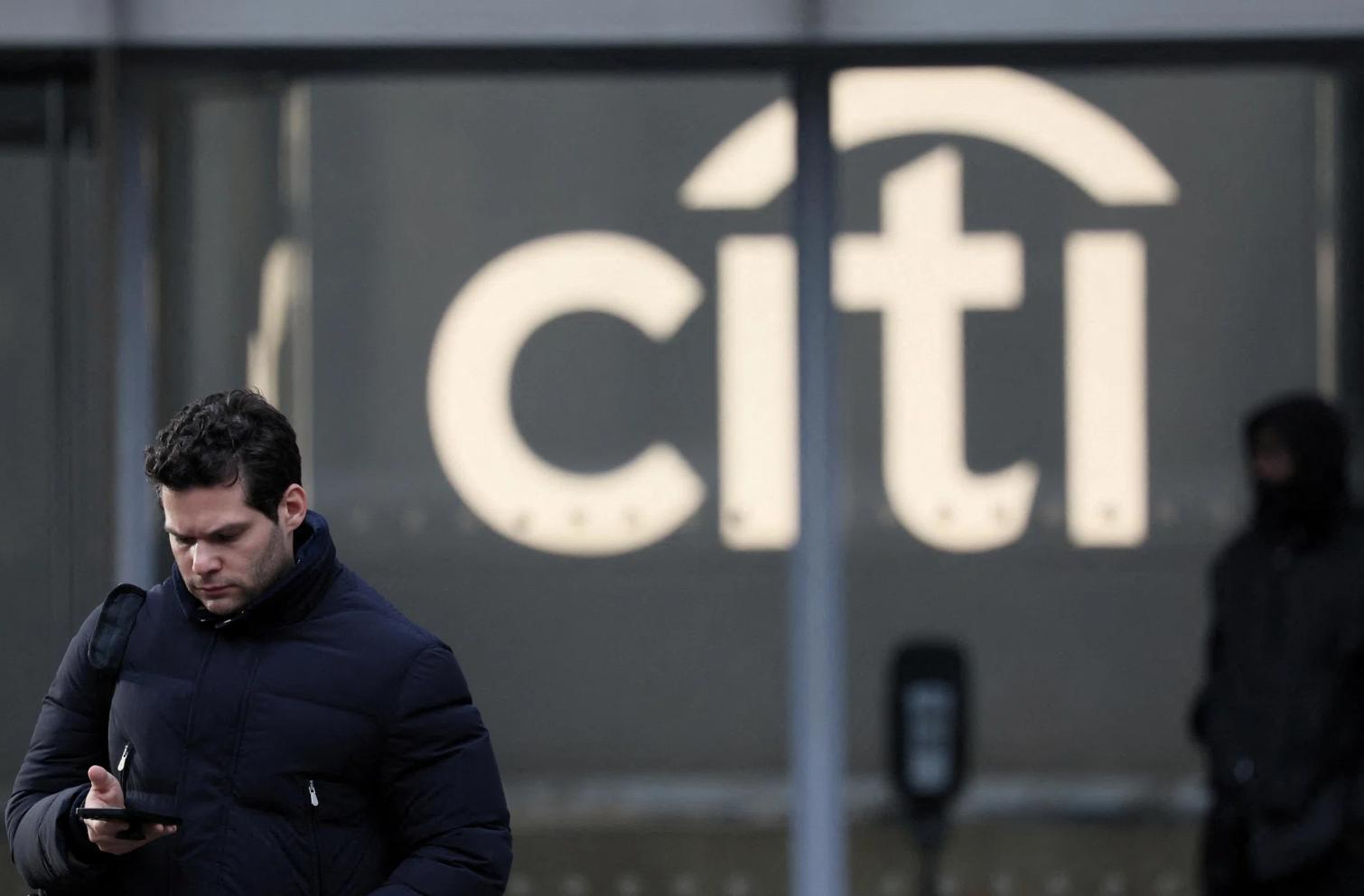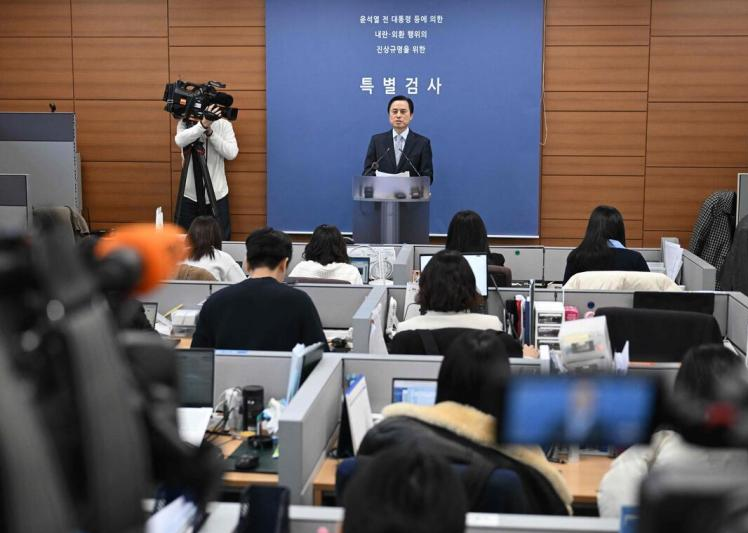
As more and more emerging companies remain private for longer periods of time and increase valuations through secondary market transactions, a wave of large-scale initial public offerings (IPOs) is emerging. John Colmer, head of Citigroup's global private equity business, pointed out that a group of high-quality companies with listing potential are gathering in the market, and they may be listed in a concentrated manner in the next one to three years, setting off a new climax in the capital market.
First of all, this trend is inseparable from the promotion of institutional investors. Colmer said at the Citi Private Enterprise Growth Summit held in New York that investors are actively deploying late-stage companies that have not yet been listed but have huge growth potential. This investment logic is changing the traditional listing path and revitalizing the private equity market.
At the same time, looking back at the sluggish private equity market brought about by the Fed's sharp interest rate hike in 2022, the current recovery is particularly prominent. By 2025, technological innovation will once again become a hot spot for capital pursuit. Frontier industries such as artificial intelligence, robotics, and national defense technology have become the focus, and the leaders in these industries have not yet been publicly listed, making them more scarce and investment-worthy.
For example, Colmer mentioned that 15 years ago, investors were keen on Uber because it was not available in the public market. Now this preference has shifted to those technology disruptors that have not yet gone public. Well-known companies such as SpaceX, OpenAI, Stripe and Databricks have released part of their equity through private secondary market transactions, which not only provides liquidity for employees, but also opens up new entry opportunities for institutional investors.
Secondly, a report by market research firm Pitchbook shows that the total transaction volume of the global private secondary market has increased from US$50 billion in 2023 to about US$60 billion in 2024, reflecting the continued expansion of the market size and the increasing investment enthusiasm. It is worth mentioning that Ramp, a financial technology company headquartered in New York, recently completed an internal equity transaction. New and old investors purchased US$150 million in shares from employees and early supporters, raising its valuation to US$13 billion. This transaction model has become an important way for many companies to obtain funds and valuation increases in the pre-IPO stage.
Furthermore, from another perspective, Carly Davis, head of growth equity at Citigroup, said that despite the active private market transactions, public listings still have strategic significance. Recently, some technology companies have raised funds by issuing zero-coupon convertible bonds, which is seen as a signal that the IPO market may gradually regain vitality. He added that the capital market has clearly rebounded in the past six weeks, opening a window for IPOs, which is a positive sign for growth companies that are still in the private placement stage.
In addition, from the perspective of M&A strategy, listing can also provide companies with clear and tradable market value estimates, helping them to be more confident in acquisition transactions. If companies hold publicly traded securities, they can more easily use them for strategic mergers and acquisitions and improve overall expansion efficiency. For example, artificial intelligence software company Kore.ai, as a client of Citi, is still in its growth stage. In 2023, the company received multiple investments including Nvidia, with a valuation of nearly US$800 million. Kore.ai Chief Operating Officer DK Sharma said that the company is currently focused on steady expansion and is evaluating whether to achieve long-term growth through gradual mergers and acquisitions or future IPOs.
In summary, the rise of the private secondary market not only provides companies with a flexible capital flow mechanism, but also creates new allocation opportunities for investors. And this process may be the prelude to a new round of IPO waves. In the future, as the capital market opens further and the valuation environment warms up, more and more well-established innovative companies are expected to take advantage of the situation and enter the public market. In this critical stage of transition from private placement to IPO, the game between capital, technology and strategy will profoundly affect the structure of the technology industry and the evolution of the financial market.

YTN TV of South Korea reported on Tuesday (December 16) that the South Korean court plans to make a ruling on the charges of former President Yoon Suk Yeol for obstructing justice on January 16, 2026.
YTN TV of South Korea reported on Tuesday (December 16) tha…
On December 7, a new round of intense military conflict bro…
Recently, US media disclosed that the Pentagon is planning …
From three launch failures and a brush with bankruptcy to n…
Recently, a major piece of news has emerged in the US polit…
Against the backdrop of the Federal Reserve's third rate cu…